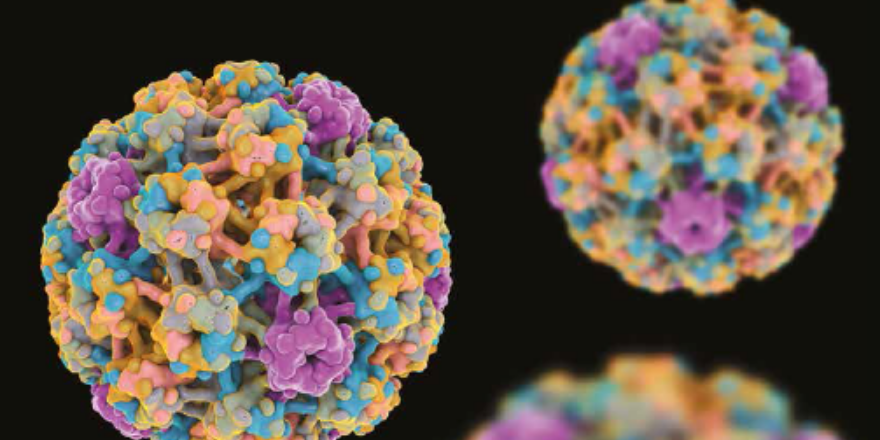
Vaccination isn't a personal choice, it's a public one
11 December 2020Downloads
The risk posed by not vaccinating is far greater than any risk associated with receiving a vaccine says the Royal Irish Academy's Life and Medical Sciences committee who wants to help the public make more informed decisions on vaccination.
Vaccination provides long term protection against infectious diseases to people of all ages and failure to vaccinate is not just a threat to the individual but to the whole community. Vaccines have prevented hundreds of millions of deaths from infectious diseases around the world yet the powerful protection that vaccination can offer is now in danger. It is slowly being undermined by the incorrect view that vaccination is not safe.
The decision not to vaccinate also poses a threat to the general community. When more people are vaccinated there are fewer people left in the community who can spread the infection to others. Falling vaccination rates today have triggered several measles outbreaks in Ireland and other countries. These outbreaks can be prevented if the great majority of people are vaccinated. Smallpox, polio or diphtheria, once common illnesses that caused many deaths have been eliminated or are now held in check by vaccination. However, as the recent measles outbreaks have shown, these common but serious diseases will come back if we do not vaccinate.
First introduced over 200 years ago, vaccines are one of the safest medical interventions available and save more lives every year than antibiotics or surgery. We now have vaccines that can prevent certain cancers, and more are being developed all the time.
Failing to vaccinate puts a child at risk of contracting measles, whooping cough and other childhood illnesses and by carrying the infection and passing it on the health of others is put at risk. These diseases can be very serious and even fatal in infants and young children if they are not protected by vaccination.
Some parents are withholding or delaying vaccination, a decision usually influenced by wrong information leading to the misplaced view that vaccination can be harmful. This misguided view is being driven at least in part by parents picking up faulty “facts” from social media and accepting claims made by anti-vaccine lobby groups that are not backed up by scientific evidence.
All medical procedures carry some level of risk and childhood injections are no exception. Before routine human use all vaccines must be shown to be safe and effective through stringent safety testing, clinical trials and constant monitoring by Irish and international agencies. The risk posed by not vaccinating is far greater than any risk associated with receiving a vaccine.
The HPV (human papilloma virus) vaccine targets the virus that in later life can trigger cervical cancer. Some parents refused this vaccination for their young daughters because of unfounded concerns about safety, despite the facts that the vaccine has been shown to have no long-term side effects and reduces the risk of developing cervical precancers by 90%. High vaccine uptake is needed to reduce HPV infection and new cases of cervical cancer.
This Expert Statement from the Royal Irish Academy has been updated and was first published to coincide with World Immunization Week (24-30 April 2019). The statement seeks to provide clear and useful information about vaccination and the health benefits it provides. Read the full expert statement



